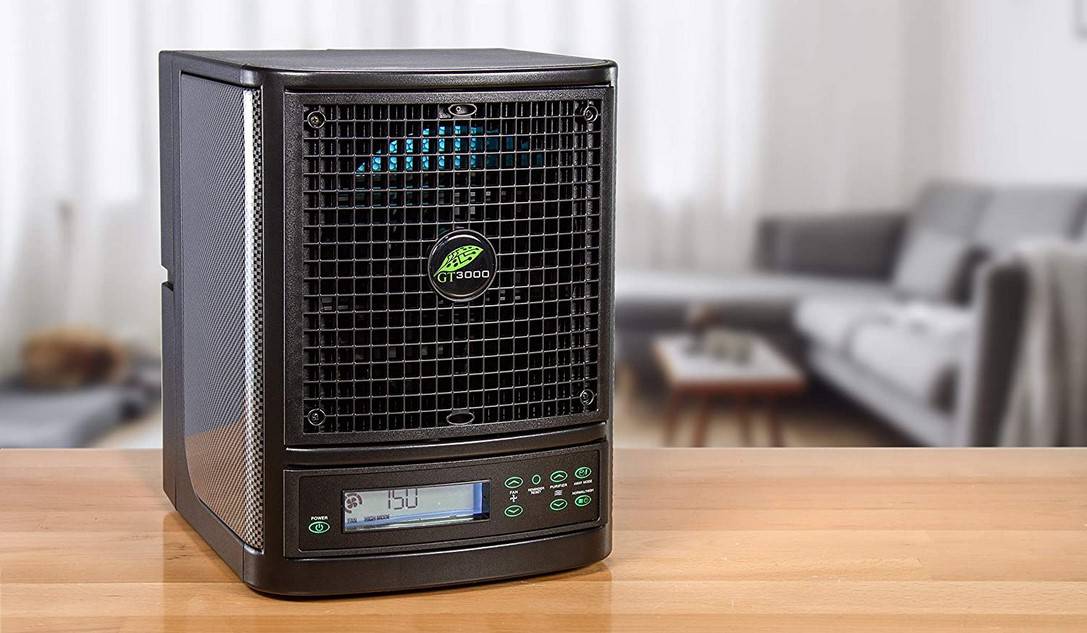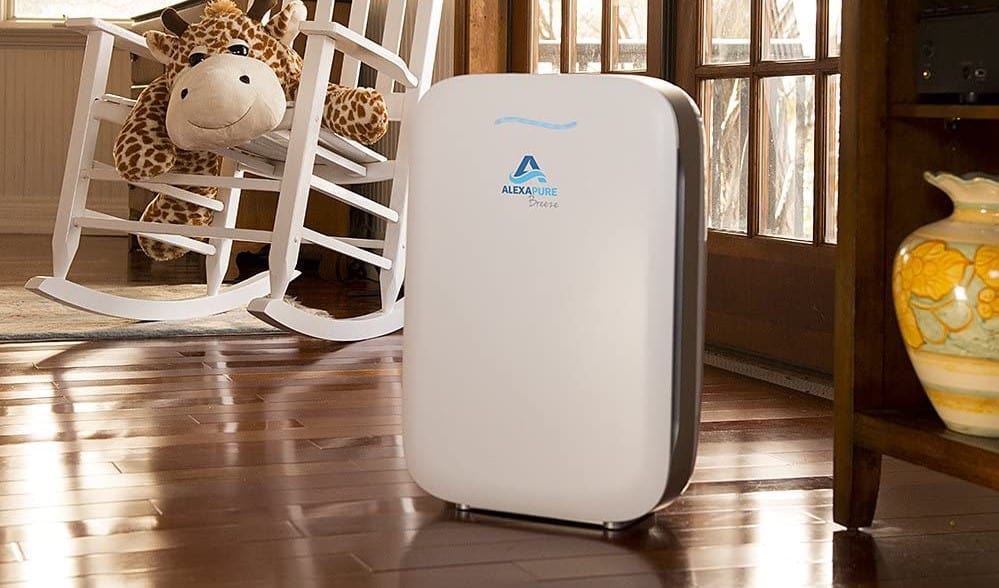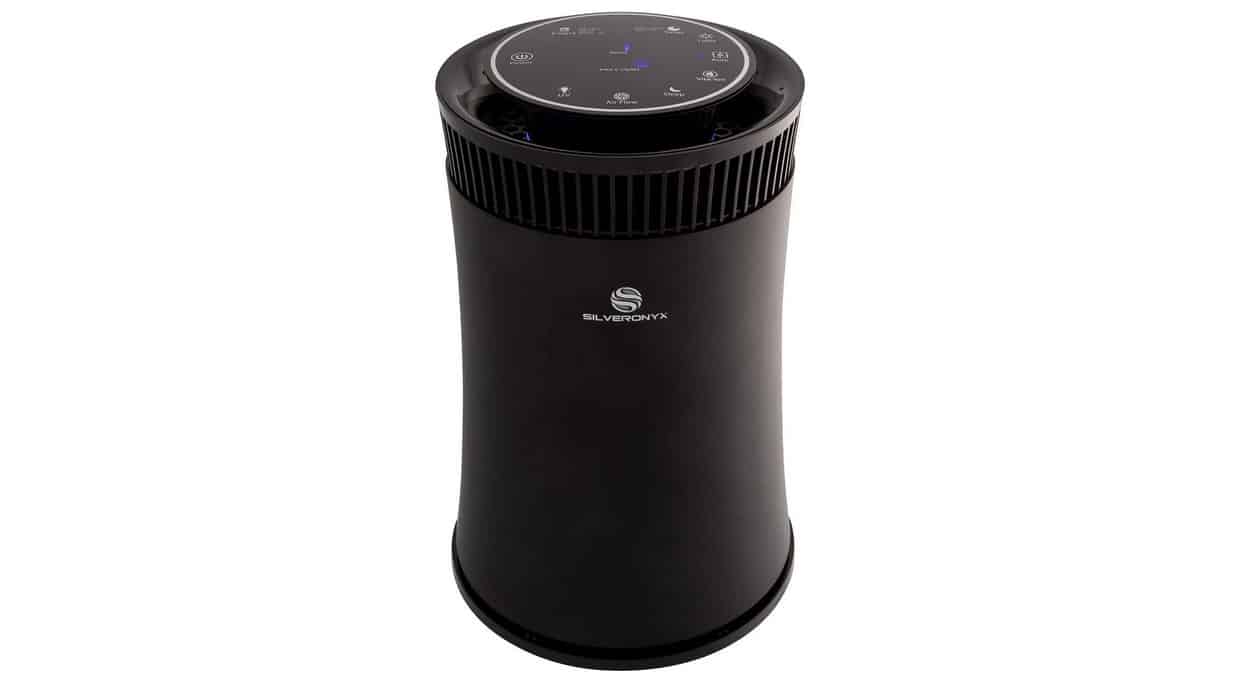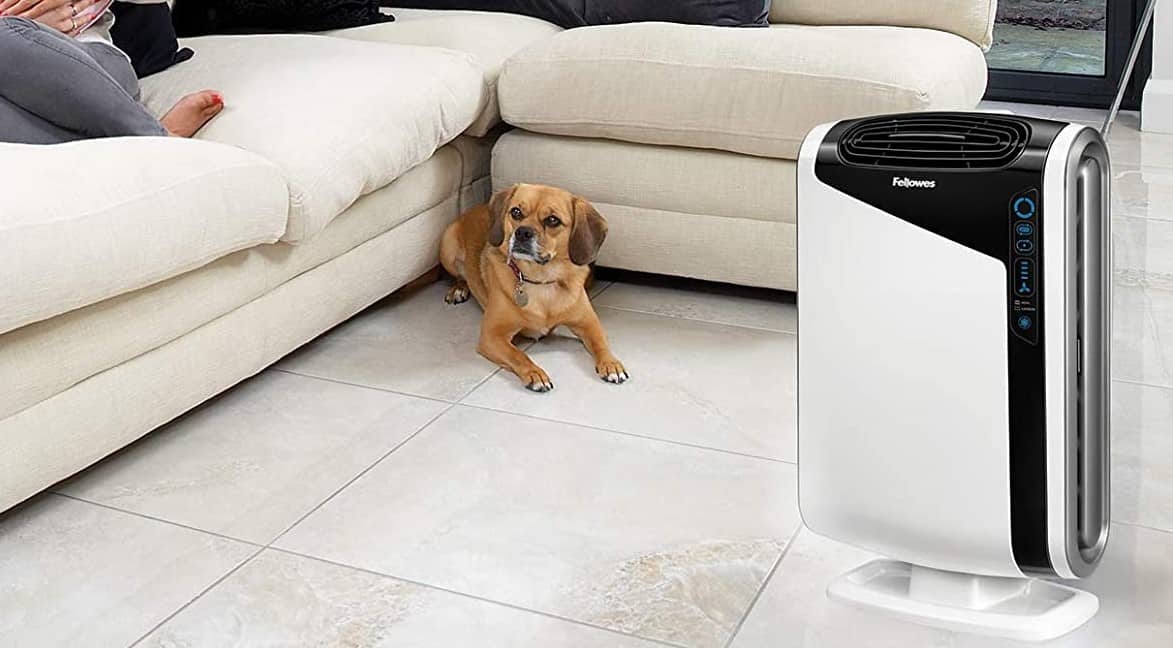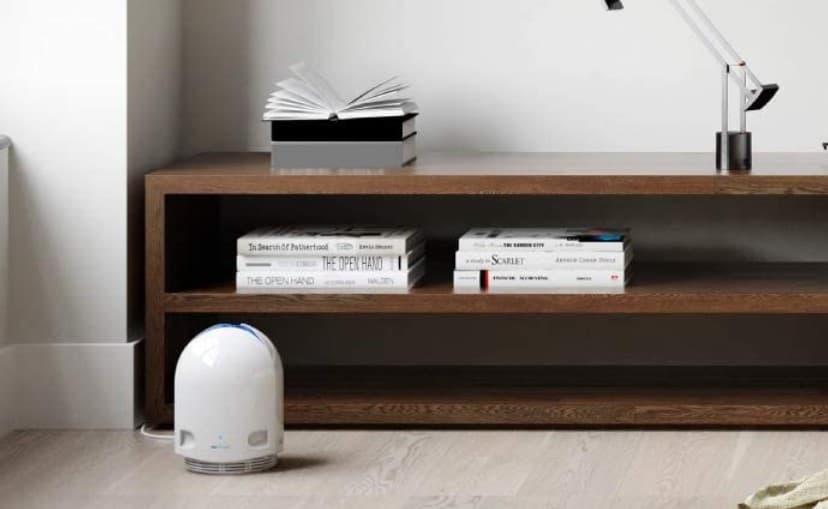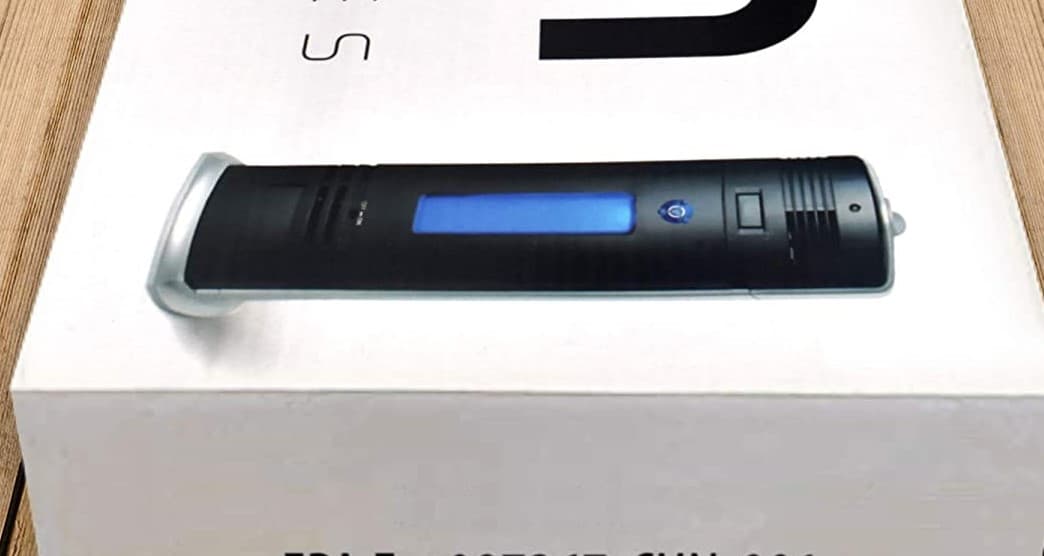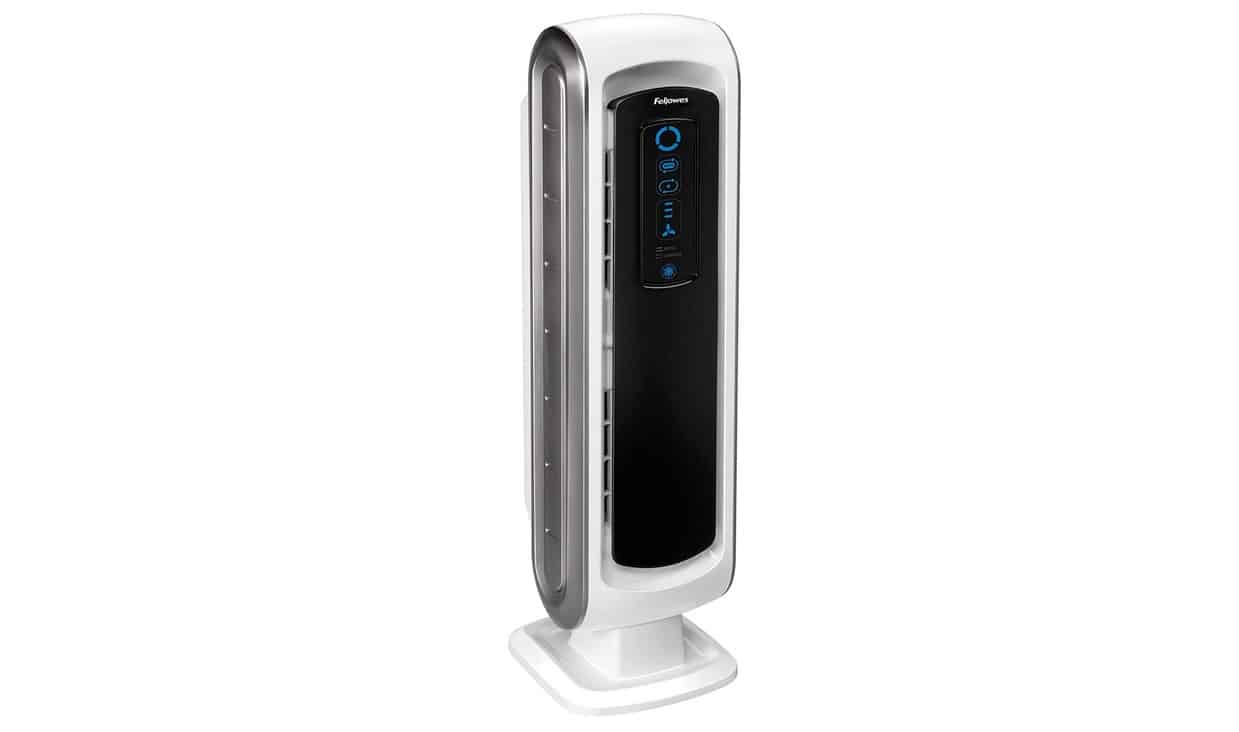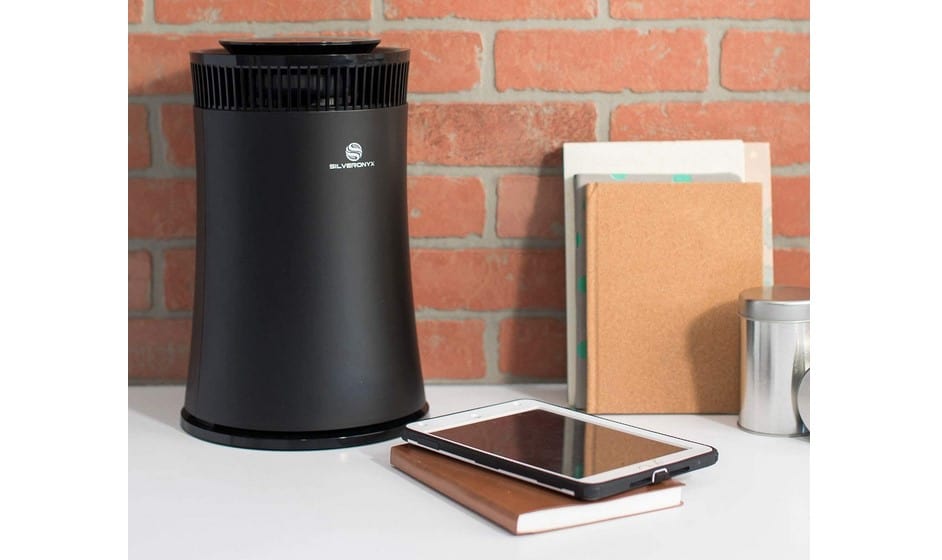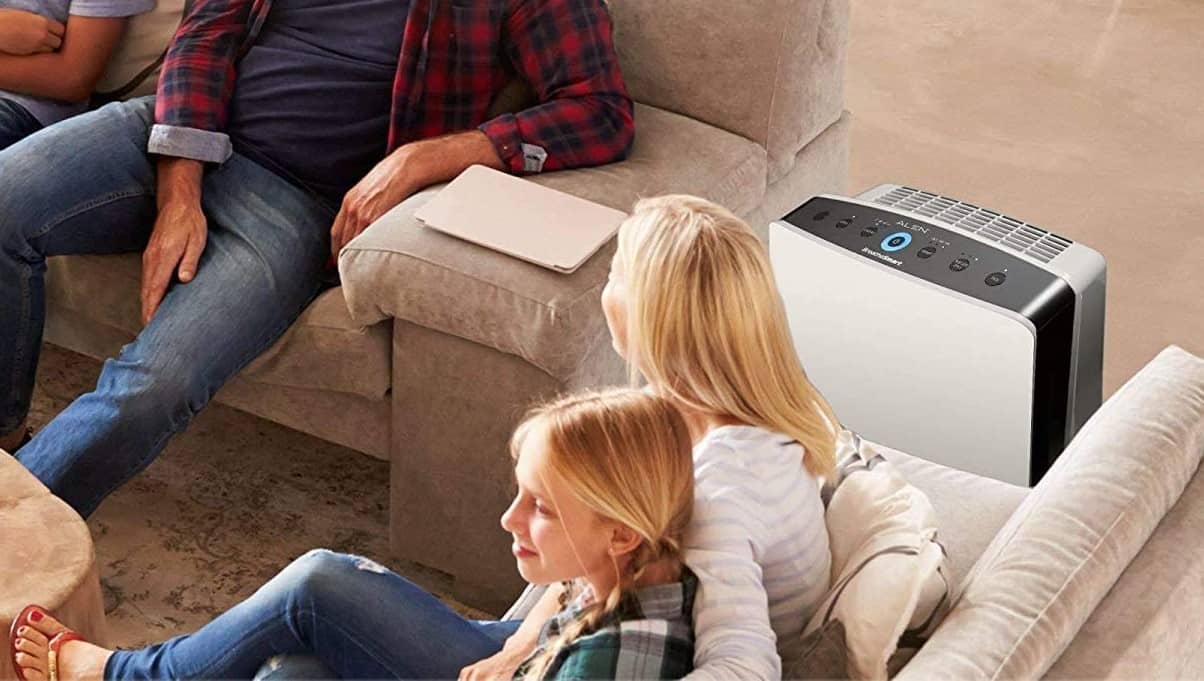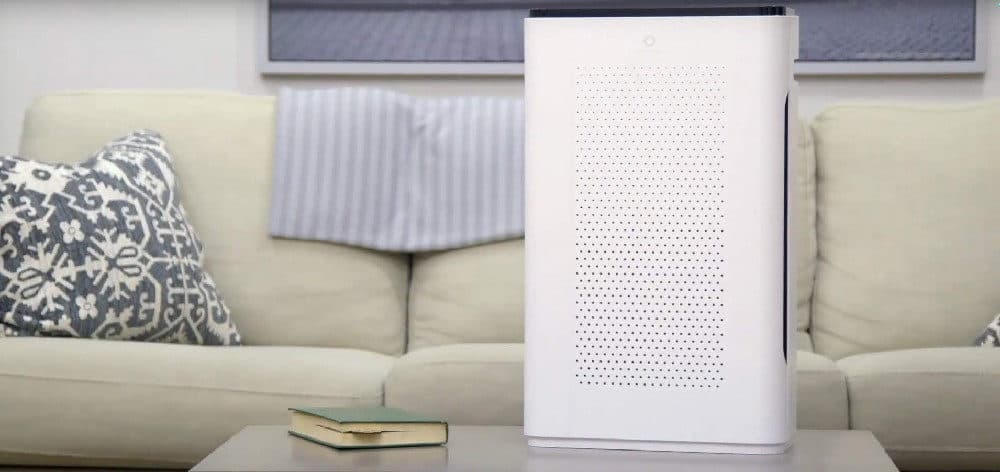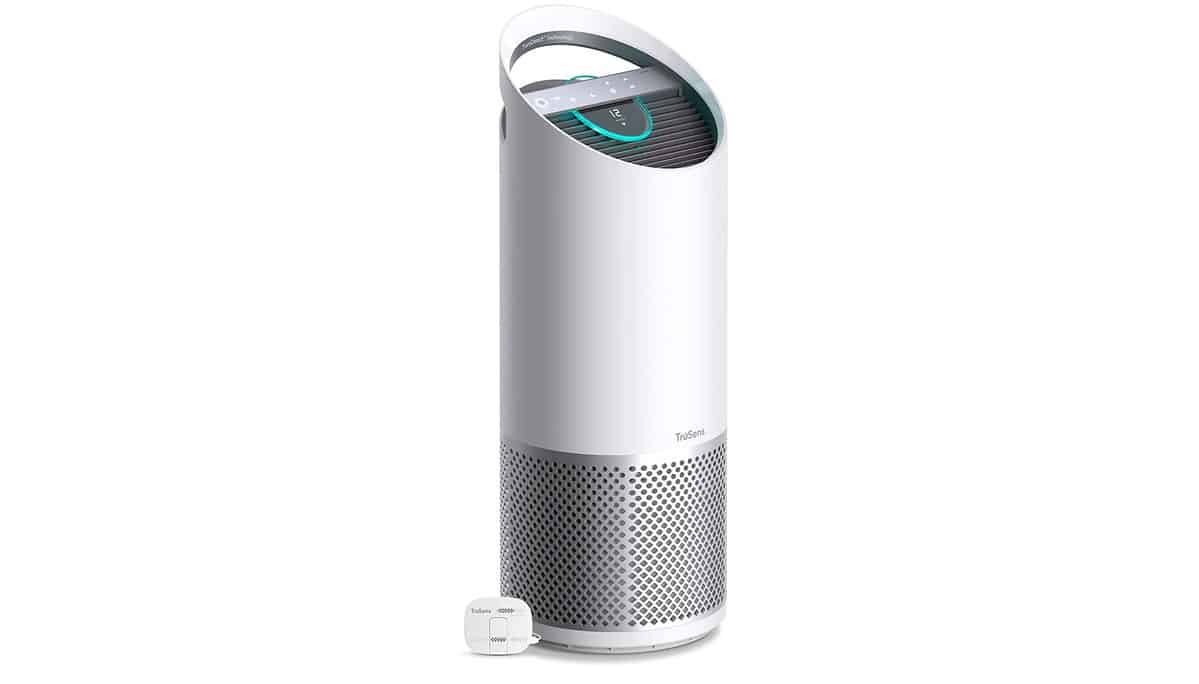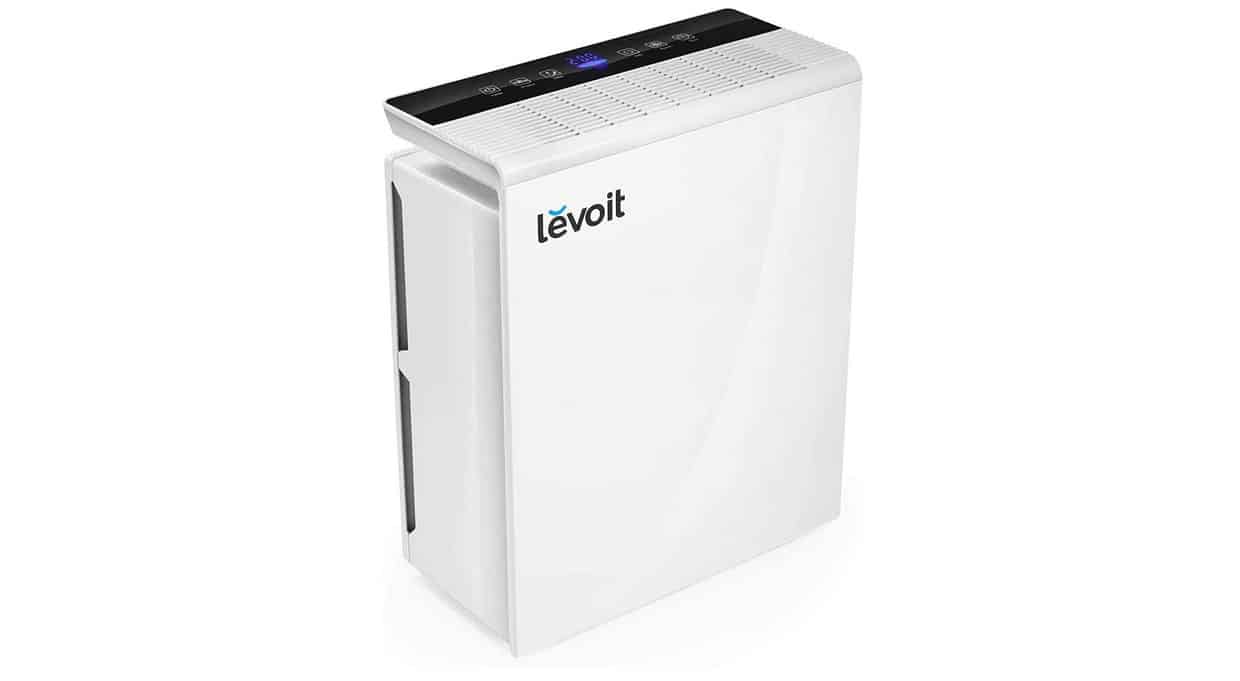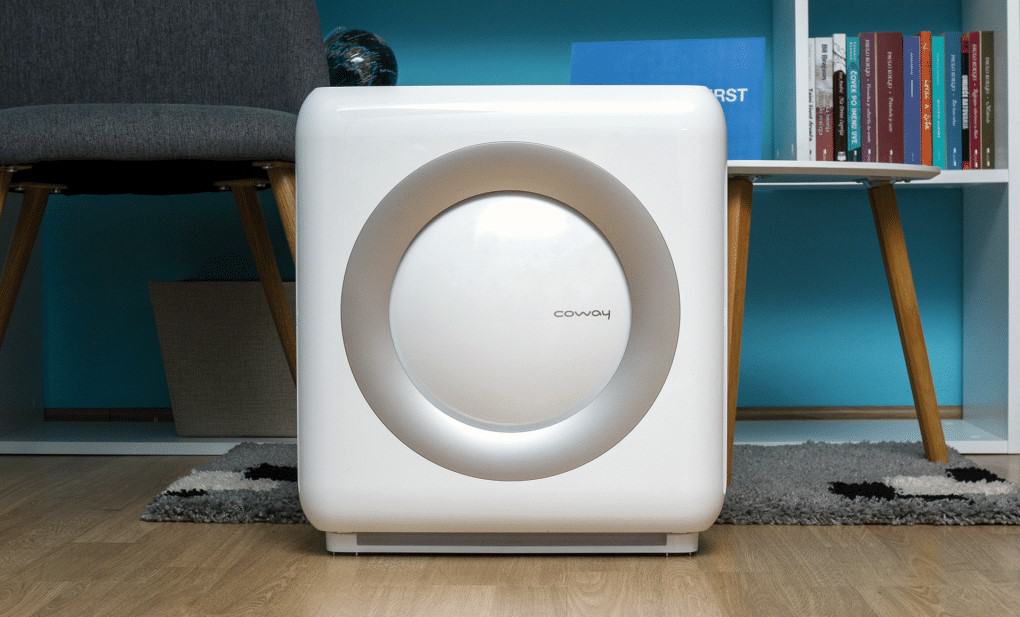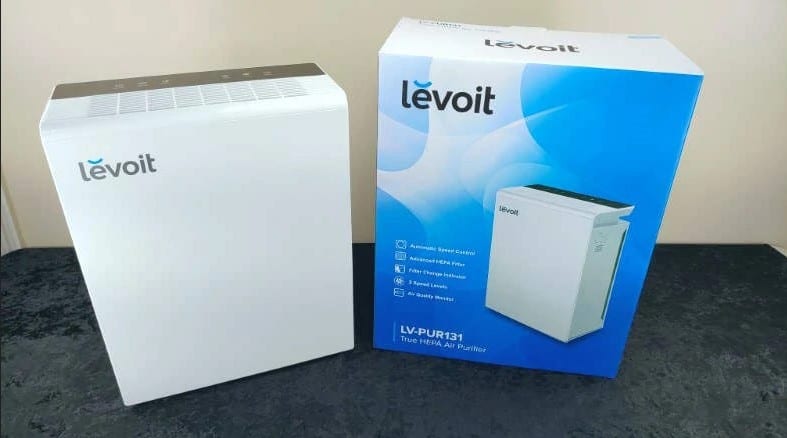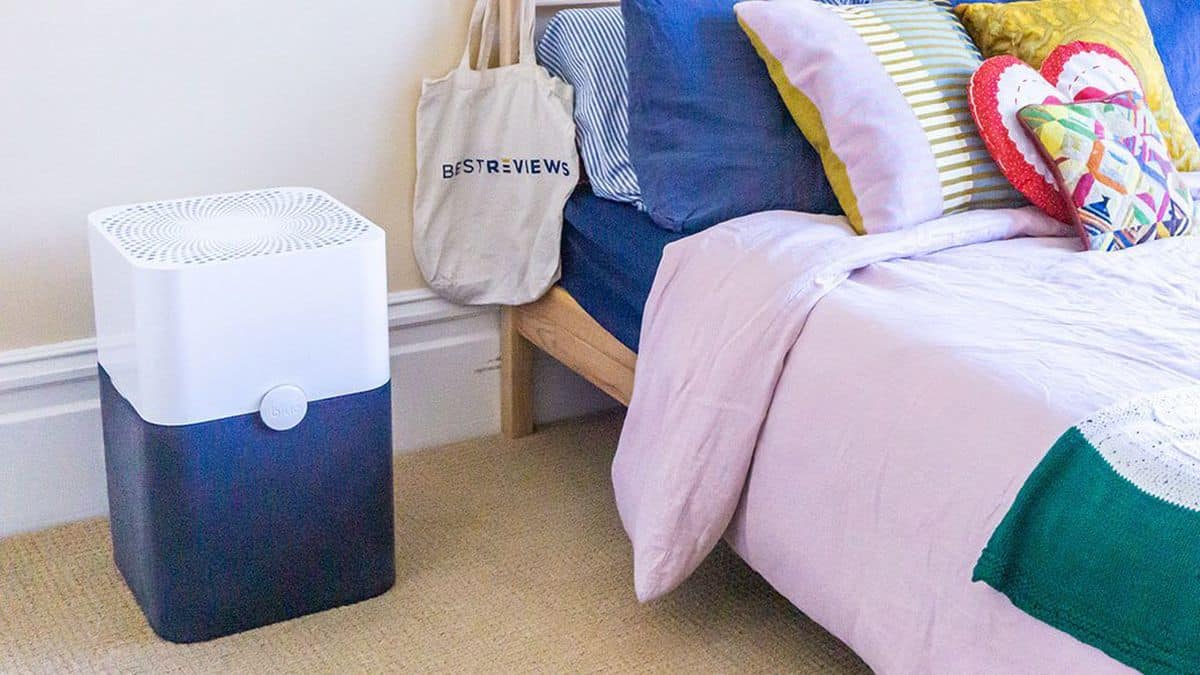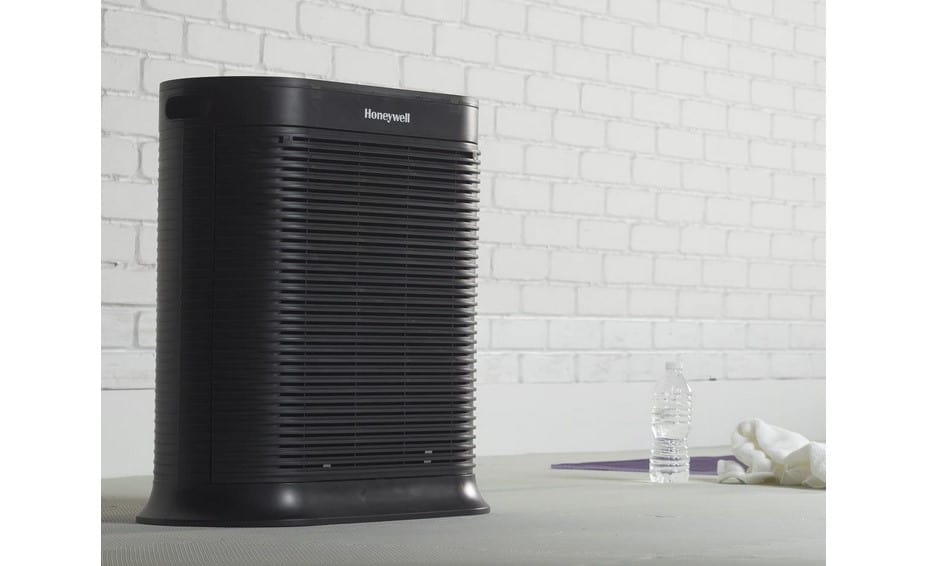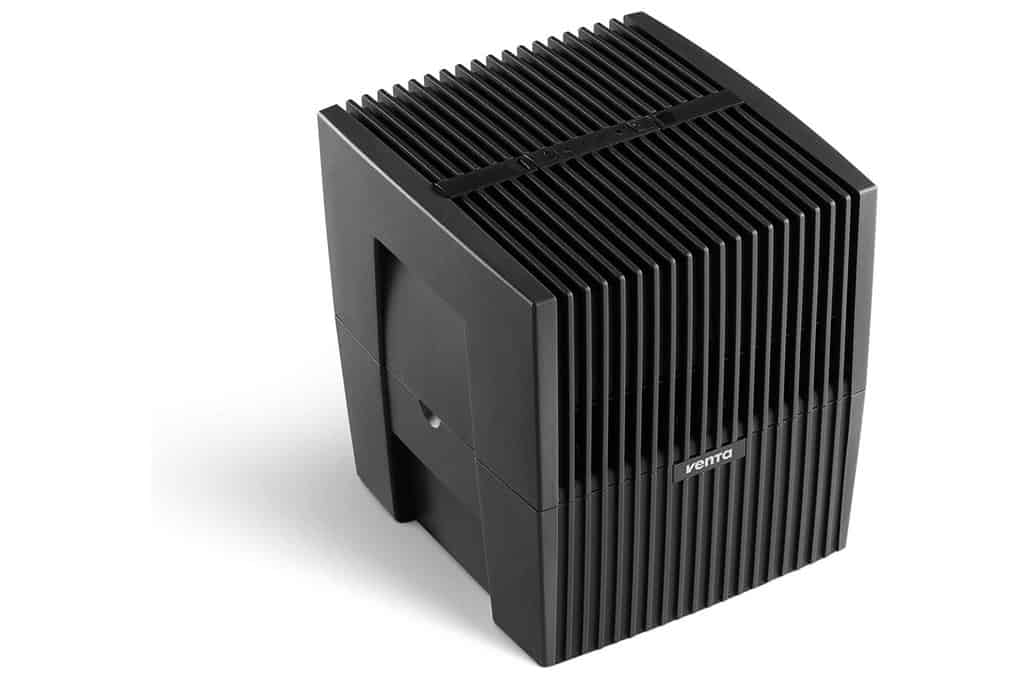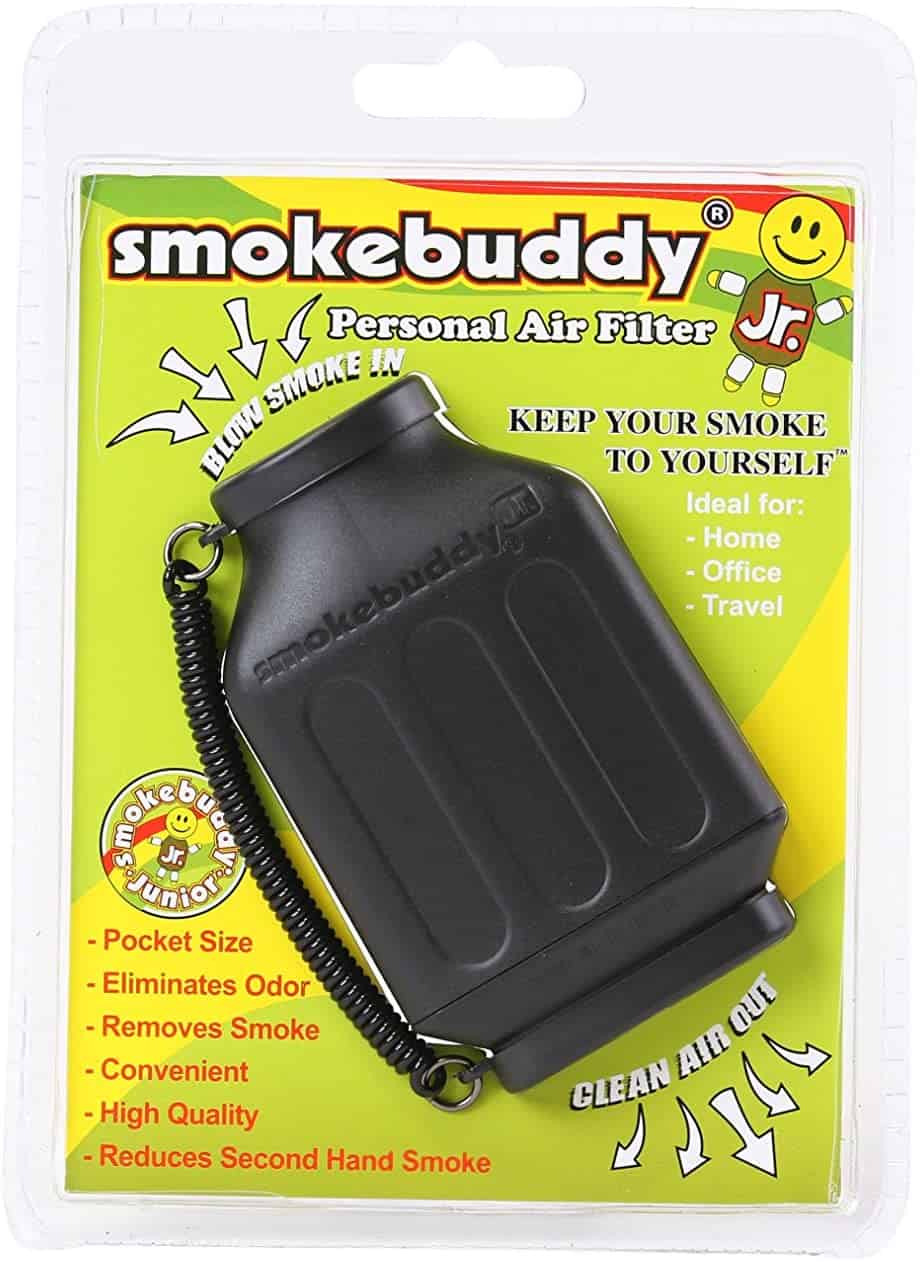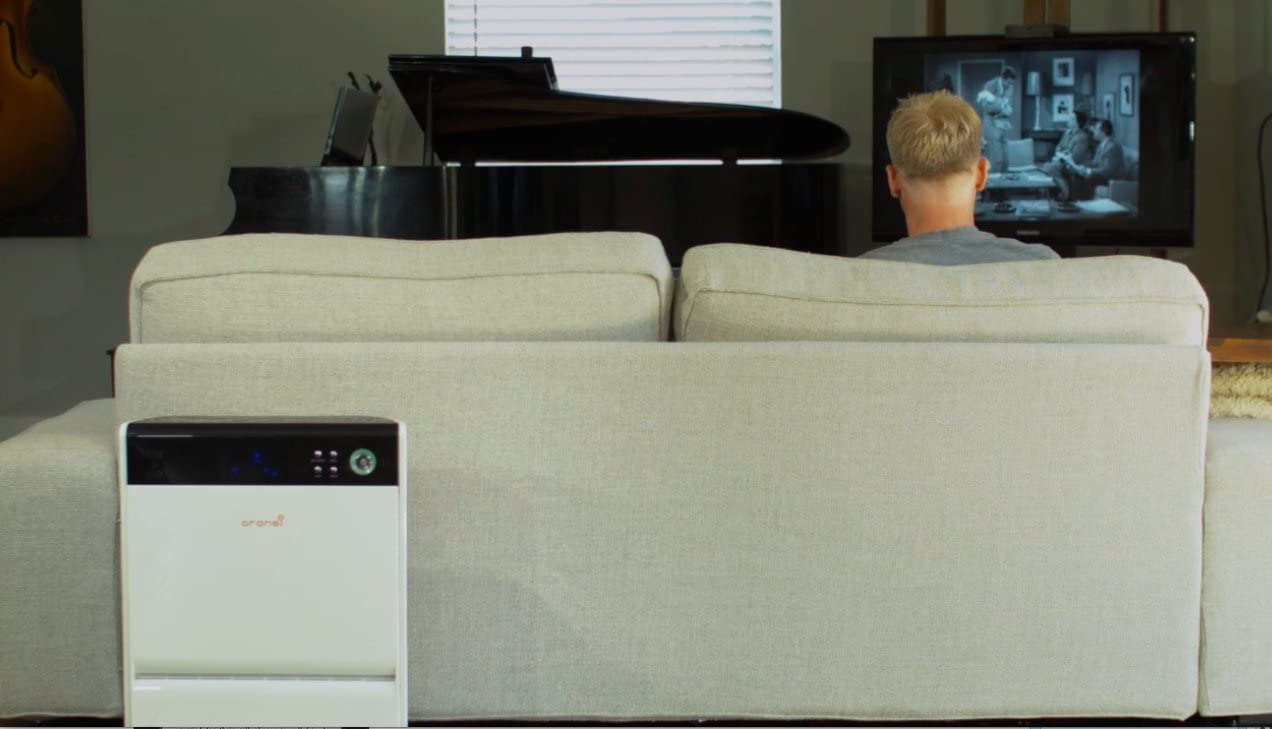If you are shopping around for an effective air purifier, you may have run into the term VOCs. This may leave you wondering what volatile organic compounds are. Here is a guide on the matter.
KEY TAKEAWAYS:
- Volatile organic compounds, otherwise known as VOCs, are a byproduct of human-made chemicals, like paints and cleaning agents.
- Long-term exposure to VOCs can carry some serious health risks, so it is a good idea to eliminate them from the home.
- An air purifier that has been equipped with an activated carbon filter can help reduce or eliminate VOCs from the air.
What are VOCs?
Volatile organic compounds, otherwise known as VOCs, tend to be human-made chemicals that activate as a byproduct of cleaning prseverala number of other reactive agents. VOCs have low water solubility and high vapor pressure, meaning they can easily float around as airborne particles. Breathing in volatile organic compounds can lead to a risk of ill health over time. Additionally, VOCs tend to be extremely smelly. So you might want to make an air purifier out of charcoal to mask the scent. And, having an air purifier that removes radon can help with air quality.
Additionally, if you wonder what are the harms of using air purifiers you will find that some are harmful while others are not. Avoid air purifiers that use ozone filtration. They release harmful ozone particles that are not healthy when inhaled.
Insider Tip
VOCs have low water solubility and high vapor pressure, meaning they can easily float around as airborne particles.
How to Reduce or Eliminate VOCs
Here are some ways you can reduce or eliminate any volatile organic compounds lurking in your home.
Install an Air Purifier
Air purifiers can be extremely effective at reducing and eliminating the amount of volatile organic compounds in the air throughout your home. While we would recommend HEPA-based purifiers for most issues, they are not that effective when it comes to VOCs. Instead, go for an air purifier that has been equipped with an activated carbon filter to handle volatile organic compounds. You can check out what does a carbon air filter do. Other options include ionic air purifiers, though these carry some risk of ozone exposure.
Eliminate VOC-Causing Materials
A whole lot of common household materials can ramp up the production of volatile organic compounds. These include chemical-based cleaning agents, paints, crafting supplies, and much more. We recommend doing some research to figure out which items in your home are causing an uptick in VOCs. After that, simply remove the offending materials and be sure to read labels before making related household purchases.
Insider Tip
We recommend doing some research to figure out which items in your home are causing an uptick in VOCs.
Clean Surfaces With Approved Cleaning Agents
You should regularly clean and maintain the various surfaces throughout your home, as this will reduce the amount of VOCs present. When cleaning, be sure to shy away from chemical cleaning agents, as they could increase the number of volatile organic compounds in your home. We recommend going with simple cleaning solutions that use water and vinegar. You should also use a simple microfiber cloth.
Open Doors and Windows
Increase your home’s ventilation to reduce VOCs. Simply keep the doors and windows open for a while. This should work to get rid of any lingering volatile organic compounds.
Warning
While we would recommend HEPA-based purifiers for most issues, they are not that effective when it comes to VOCs.
F.A.Q.S
How can I avoid exposure to VOCs?
The best way to avoid exposure to VOCs is to avoid their source. These sources can include chemical-based cleaning agents, paints, crafting supplies, and more.
What are some health concerns caused by VOCs?
Exposure to volatile organic compounds carries a variety of health concerns, including damage to the liver, kidneys, and lungs. Long-term exposure could cause fatigue, dizziness, and other symptoms.
Are some people at greater risk from VOC exposure?
Yes, people with pre-existing respiratory ailments are at greater risk when it comes to VOC exposure. Other high-risk groups include children, the elderly, and those who are sensitive to chemicals.
STAT: Levels of the 3 other significant and likely toxic VOCs were just as high in users of non-nicotine products as in those using nicotine. (source)
REFERENCES:
- https://pediatrics.aappublications.org/content/141/4/e20173557
- https://www.epa.gov/indoor-air-quality-iaq/what-are-volatile-organic-compounds-vocs
- https://www.health.state.mn.us/communities/environment/air/toxins/voc.htmr
- https://en.wikipedia.org/wiki/Activated_carbon
- https://www.wikihow.com/Make-an-Air-Filter

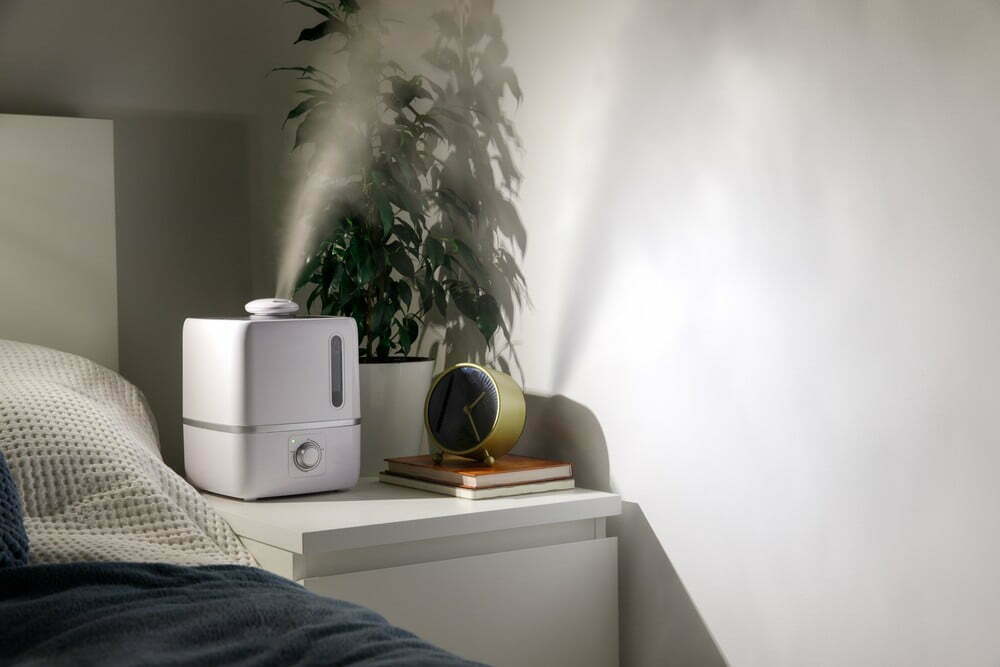













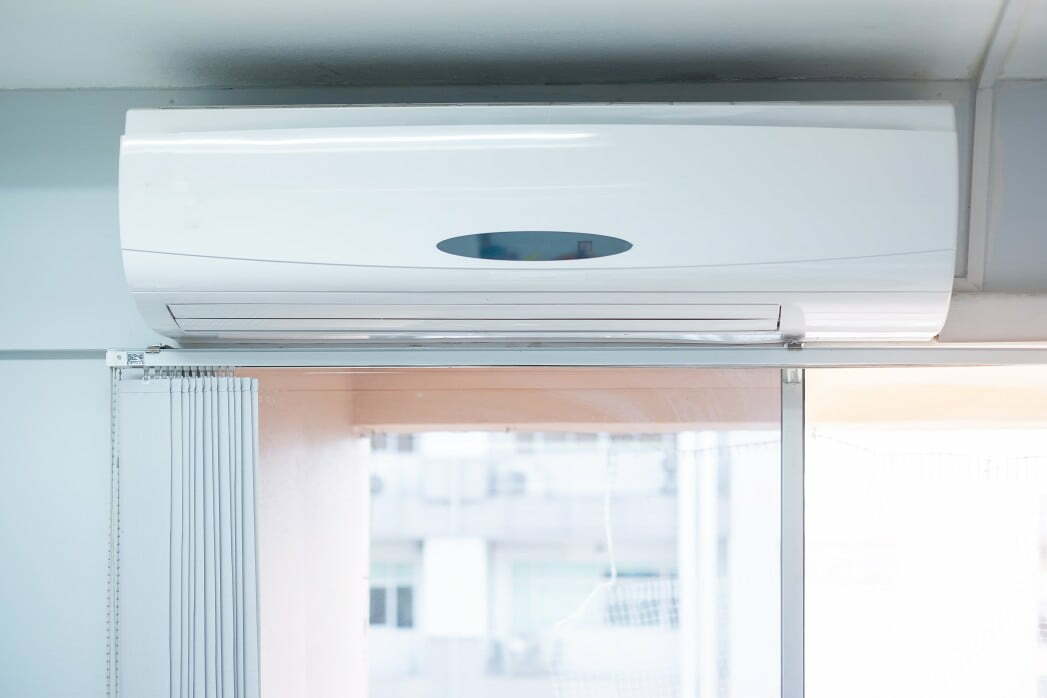

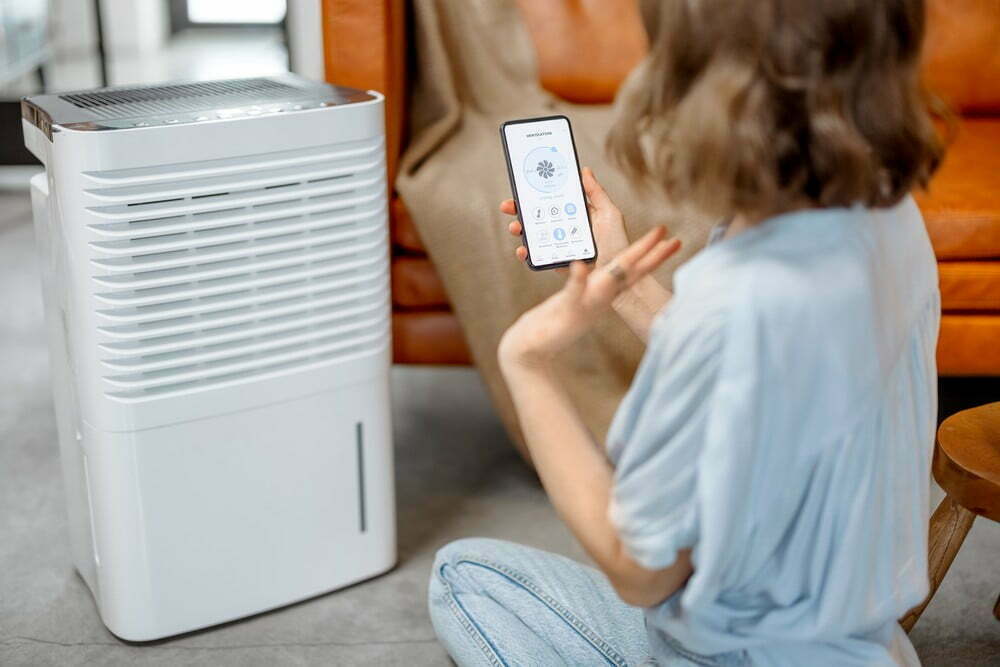
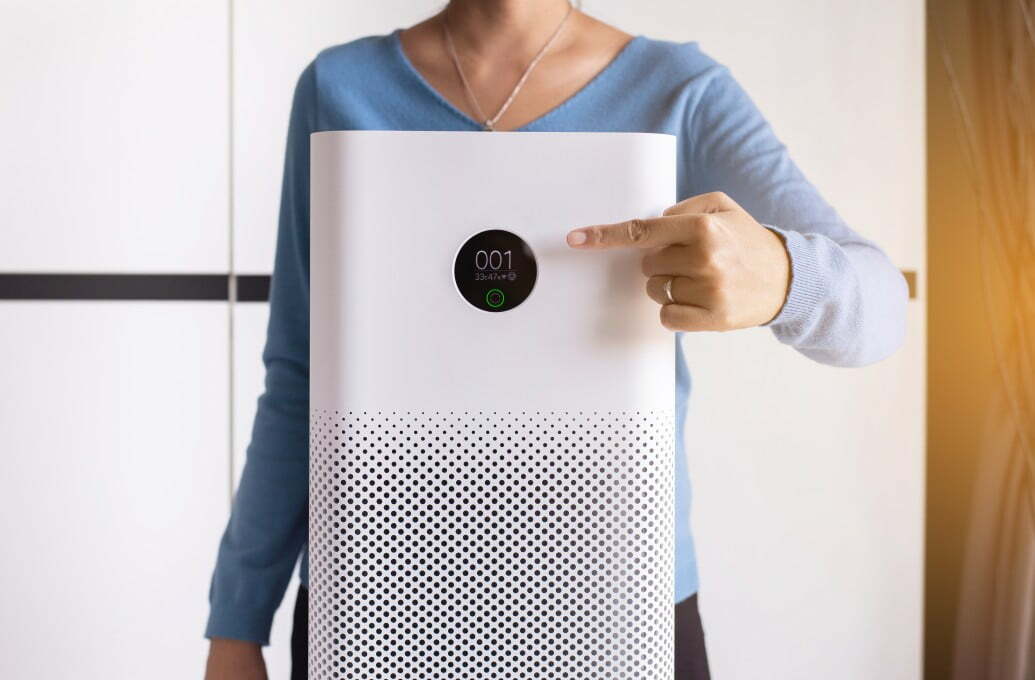
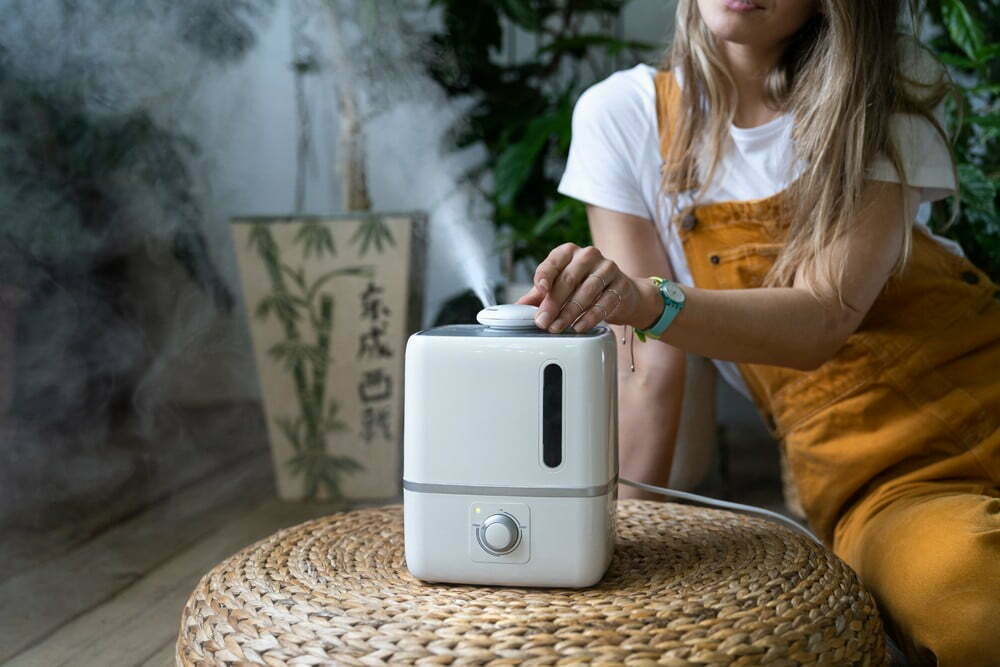


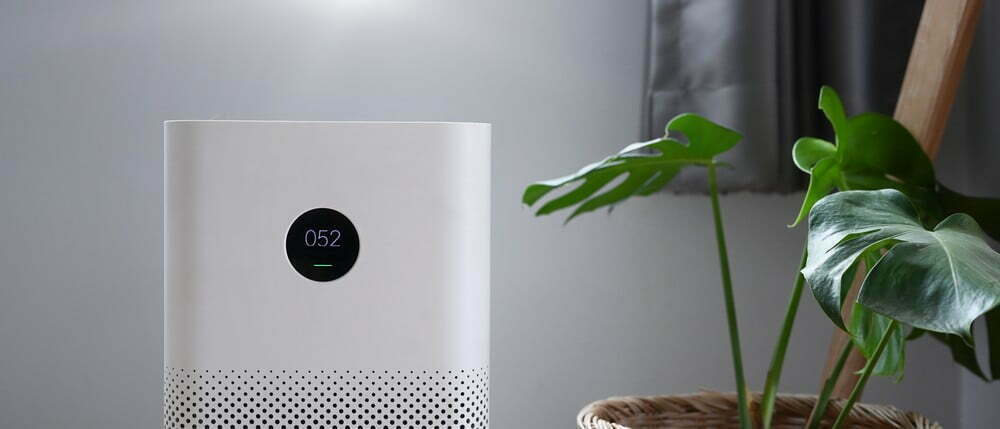
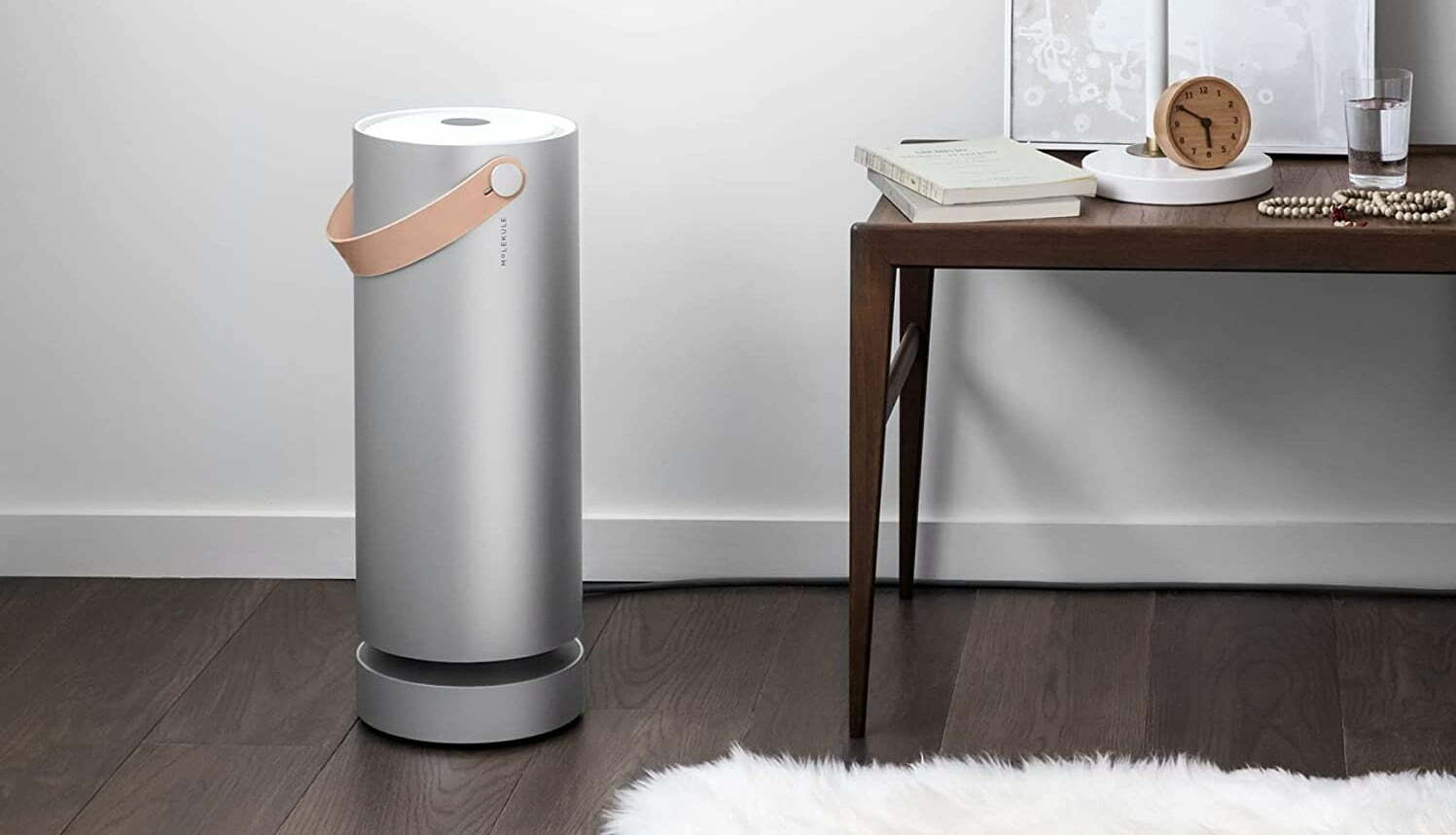
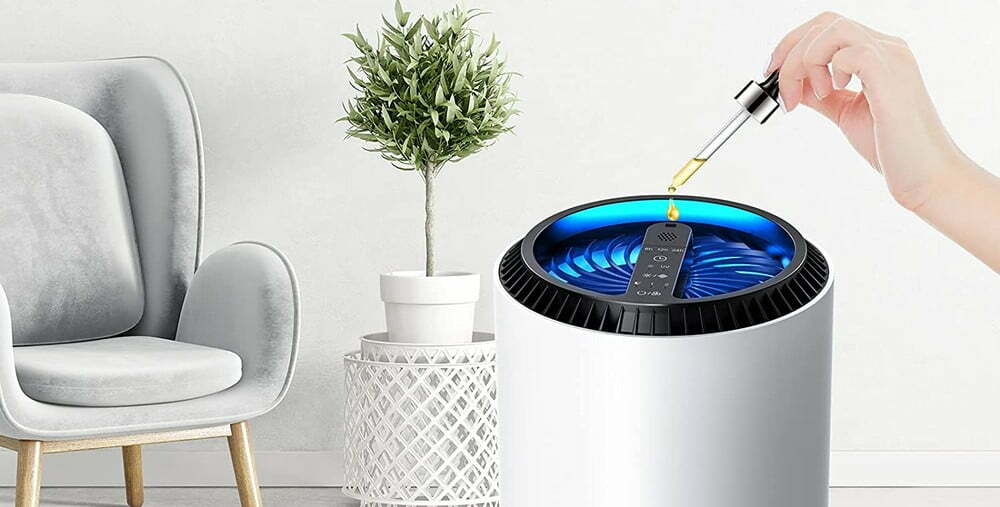
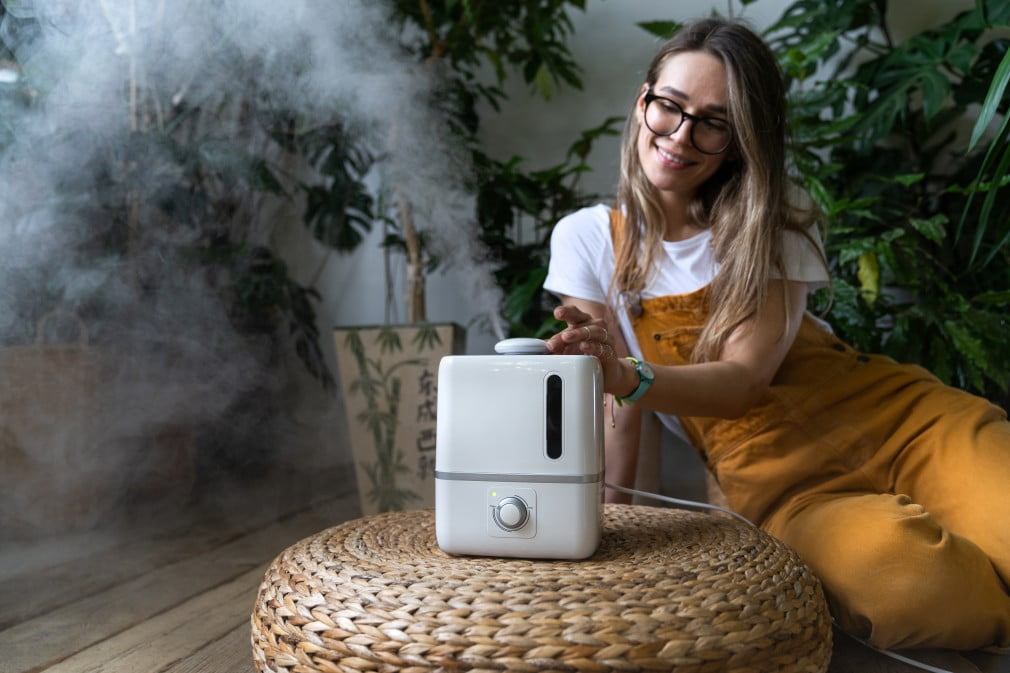
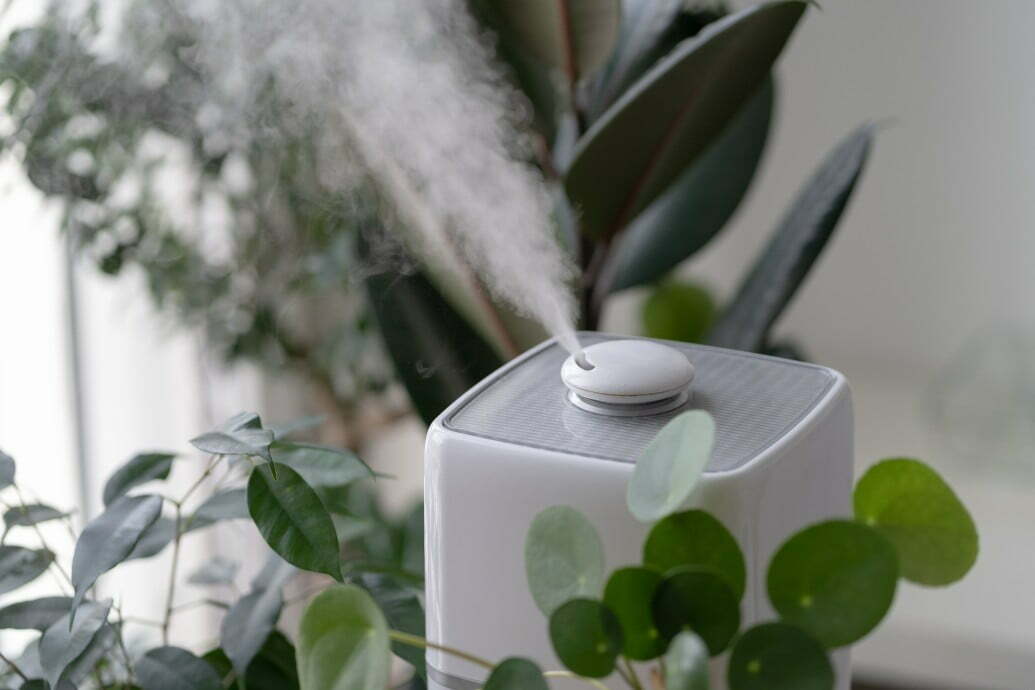
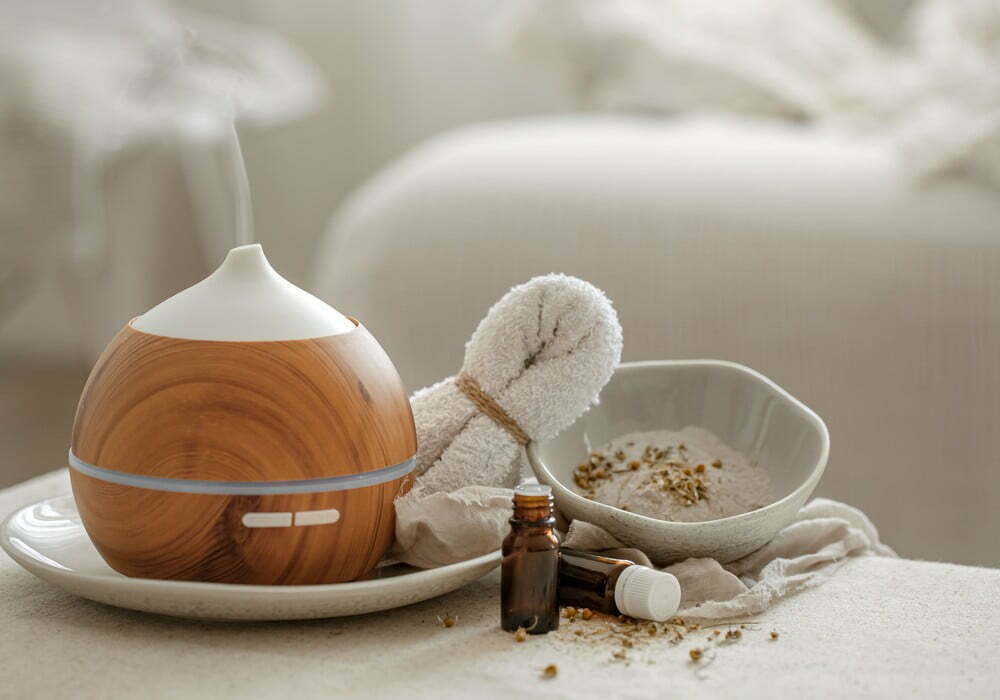
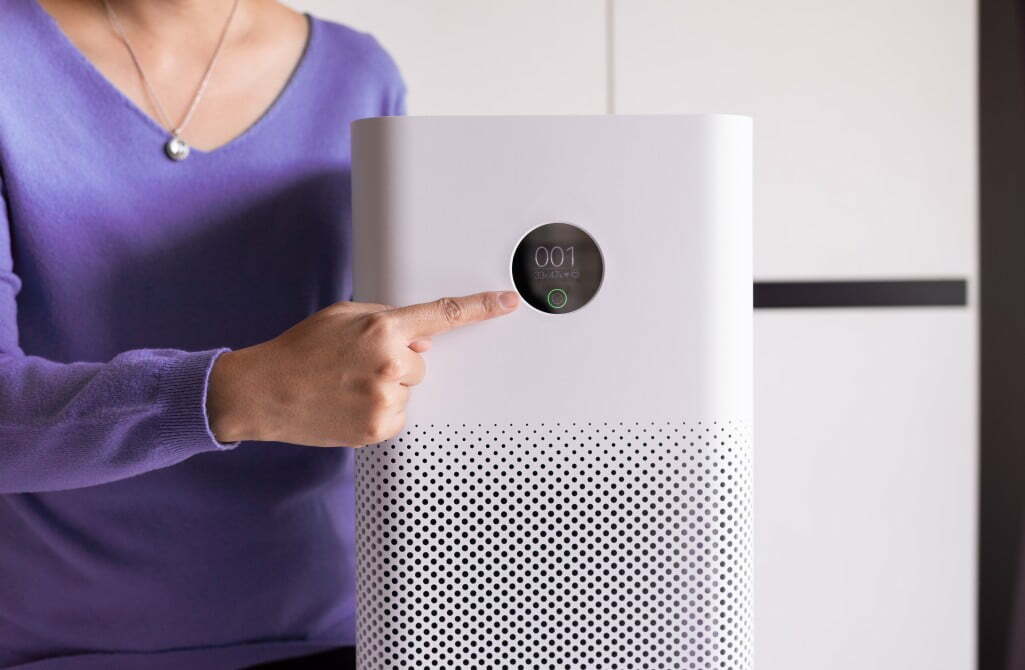
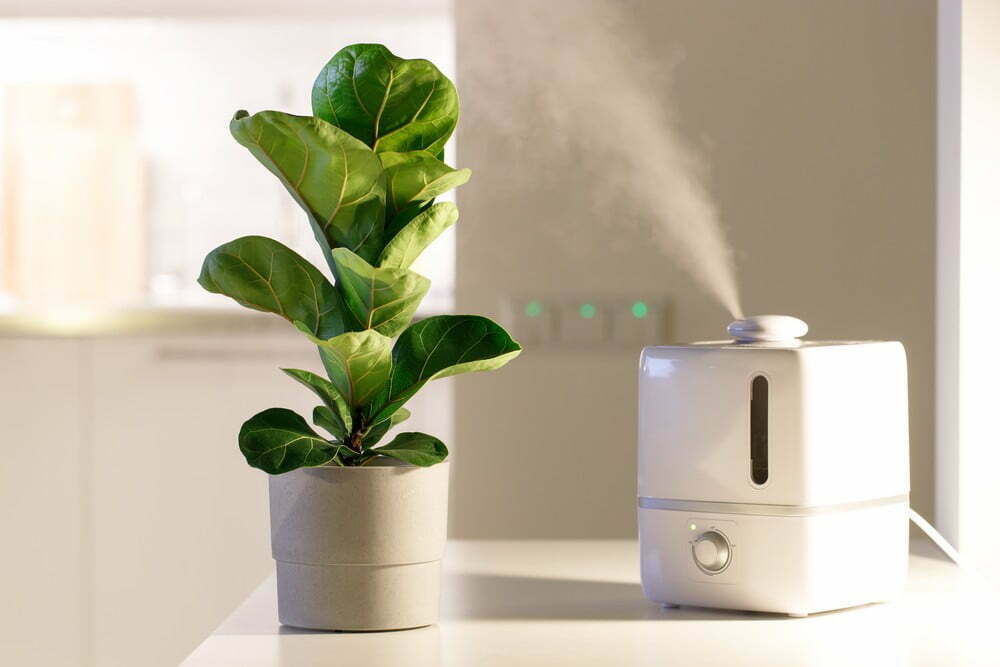


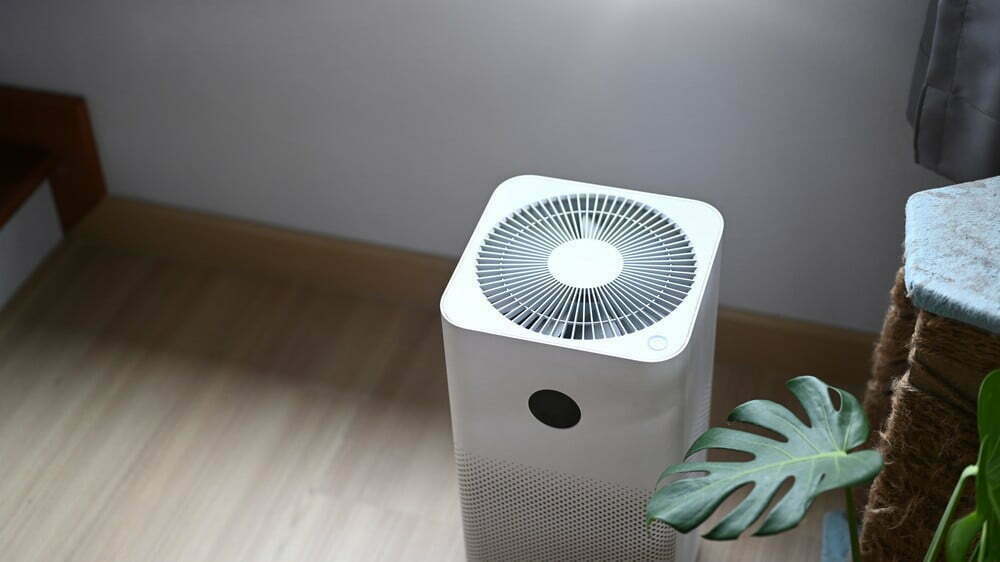
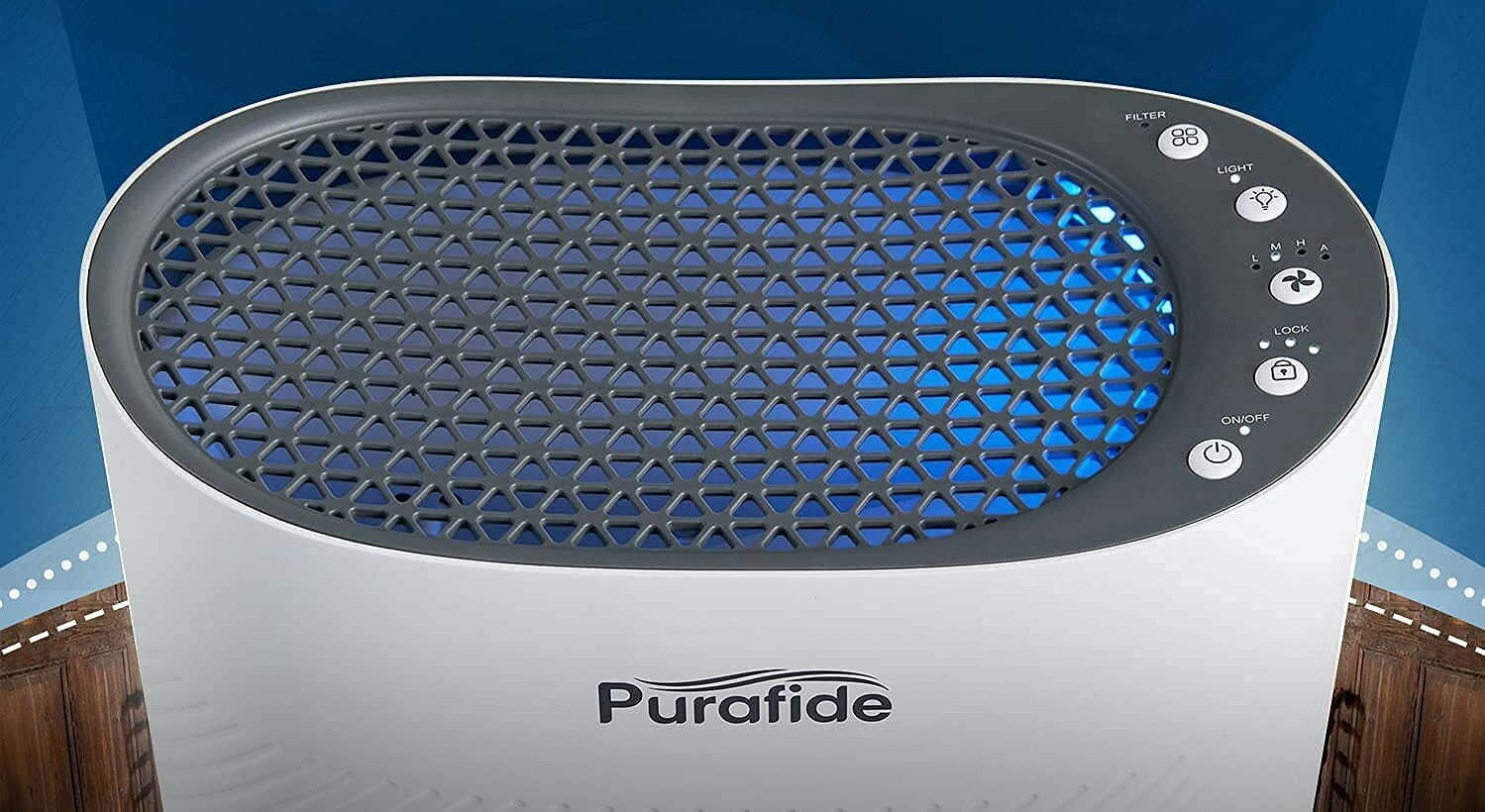
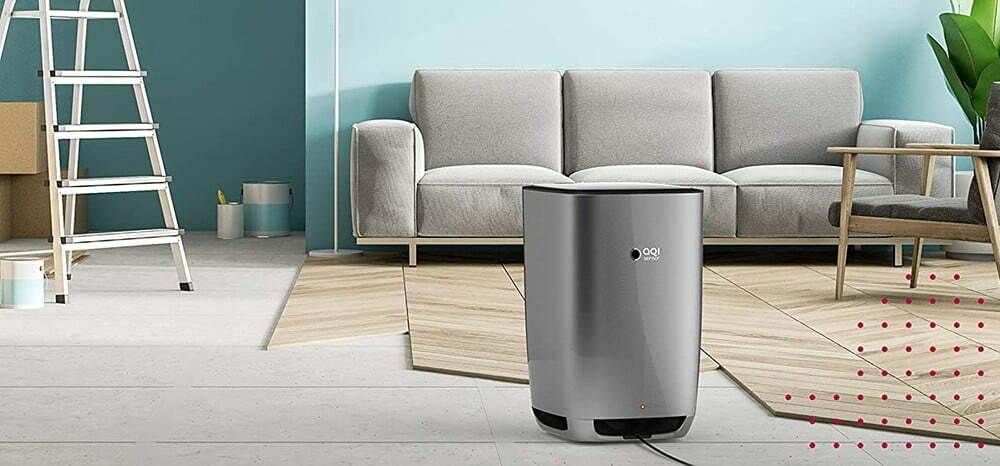
![Best Air Purifiers for VOCs and Formaldehyde in [year] 27 Best Air Purifiers for VOCs and Formaldehyde in 2026](https://www.gadgetreview.dev/wp-content/uploads/best-air-purifier-for-vocs-and-formaldehyde-image.jpg)
![Best Air Purifier in [year] ([month] Reviews) 28 Best Air Purifier in 2026 (January Reviews)](https://www.gadgetreview.dev/wp-content/uploads/Honeywell-True-HEPA-Allergen-Remover-HPA300-e1475603569442.jpg)
![Best Air Purifiers for Dust in [year] 29 Best Air Purifiers for Dust in 2026](https://www.gadgetreview.dev/wp-content/uploads/best-air-purifier-for-dust-image.jpg)
![Best Honeywell Air Purifiers in [year] 30 Best Honeywell Air Purifiers in 2026](https://www.gadgetreview.dev/wp-content/uploads/best-honeywell-air-purifier-image.jpg)
![Best Germicidal Air Purifiers in [year] 31 Best Germicidal Air Purifiers in 2026](https://www.gadgetreview.dev/wp-content/uploads/best-germicidal-air-purifier-image.jpg)
![Best Filterless Air Purifiers in [year] 32 Best Filterless Air Purifiers in 2026](https://www.gadgetreview.dev/wp-content/uploads/best-filterless-air-purifier-image.jpg)
![Best Levoit Air Purifiers in [year] 33 Best Levoit Air Purifiers in 2026](https://www.gadgetreview.dev/wp-content/uploads/best-levoit-air-purifier-image.jpg)
![Best Air Purifiers for Smoking Weed in [year] 34 Best Air Purifiers for Smoking Weed in 2026](https://www.gadgetreview.dev/wp-content/uploads/best-air-purifier-for-smoking-weed-image.jpg)
![Best Quiet Air Purifiers in [year] 35 Best Quiet Air Purifiers in 2026](https://www.gadgetreview.dev/wp-content/uploads/best-quiet-air-purifier-image.jpg)
![Best Desktop Air Purifiers in [year] 36 Best Desktop Air Purifiers in 2026](https://www.gadgetreview.dev/wp-content/uploads/best-desktop-air-purifier.jpg)
![Best Dyson Air Purifiers in [year] 37 Best Dyson Air Purifiers in 2026](https://www.gadgetreview.dev/wp-content/uploads/best-dyson-air-purifier.jpg)
![Best Air Purifiers for Dorm Room in [year] 38 Best Air Purifiers for Dorm Room in 2026](https://www.gadgetreview.dev/wp-content/uploads/air-purifier-for-dorm-room-1.jpg)
![Best Air Purifiers for Office in [year] 39 Best Air Purifiers for Office in 2026](https://www.gadgetreview.dev/wp-content/uploads/best-air-purifier-for-office.jpg)
![Best Air Purifiers for Basement in [year] 40 Best Air Purifiers for Basement in 2026](https://www.gadgetreview.dev/wp-content/uploads/best-air-purifier-for-basement.jpg)
![Best Air Purifiers For Odor in [year] 41 Best Air Purifiers For Odor in 2026](https://www.gadgetreview.dev/wp-content/uploads/best-air-purifier-odor.jpg)
![10 Best Personal Air Purifiers in [year] 42 10 Best Personal Air Purifiers in 2026](https://www.gadgetreview.dev/wp-content/uploads/best-personal-air-purifiers.jpg)
![10 Best Plug In Air Purifiers in [year] 43 10 Best Plug In Air Purifiers in 2026](https://www.gadgetreview.dev/wp-content/uploads/best-plug-in-air-purifier-image.jpg)
![10 Best Whole House Air Purifiers in [year] 44 10 Best Whole House Air Purifiers in 2026](https://www.gadgetreview.dev/wp-content/uploads/best-whole-house-air-purifier-image.jpg)
![10 Best Large Room Air Purifiers in [year] 45 10 Best Large Room Air Purifiers in 2026](https://www.gadgetreview.dev/wp-content/uploads/Coway-Airmega-200M-Large-Room-Air-Purifier-900x900-1.png)
![10 Best UV Air Purifiers in [year] 46 10 Best UV Air Purifiers in 2026](https://www.gadgetreview.dev/wp-content/uploads/best-uv-air-purifier.jpg)
